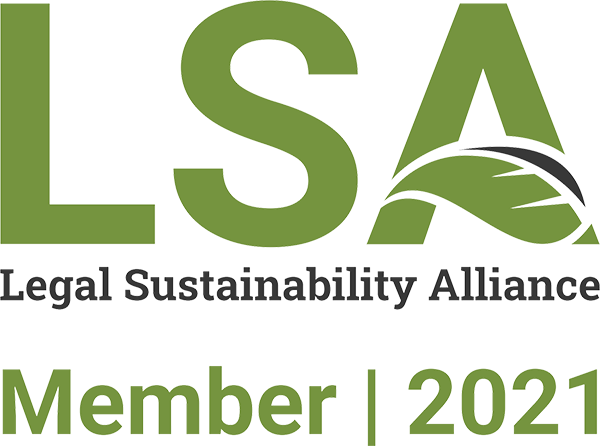On May 26 2021, a Dutch court ordered Royal Dutch Shell Plc (“Shell”) to cut its greenhouse gas emissions by 45% (from 2019 levels) by 2030. Shell had previously pledged to reduce its emissions by 20% (from 2016 levels) by 2030 and to reach net-zero emissions by 2050. The Dutch court held that this commitment was insufficient based on the “very serious threat” that Shell’s carbon emissions pose to Dutch residents.
The court stated that the Anglo-Dutch company had a duty of care and that the level of emission reductions of Shell and its suppliers and buyers should be brought into line with the Paris climate agreement.
It was claimed that Shell was breaching article 6:162 of the Dutch civil code and violating articles 2 and 8 of the European convention on human rights – the right to life and the right to family life – by causing a danger to others when alternative measures could be be taken. The court ruled that there were indeed obligations under both Dutch law and the convention and that the company had known for “a long time” about the damage of carbon emissions.
While the company had not acted unlawfully, the court said it had established that there would be an “imminent violation of the reduction obligation”. Shell had argued that there was no legal basis for the case and that governments alone are responsible for meeting Paris targets. The court found that “since 2012 there has been broad international consensus about the need for non-state action, because states cannot tackle the climate issue on their own”.





